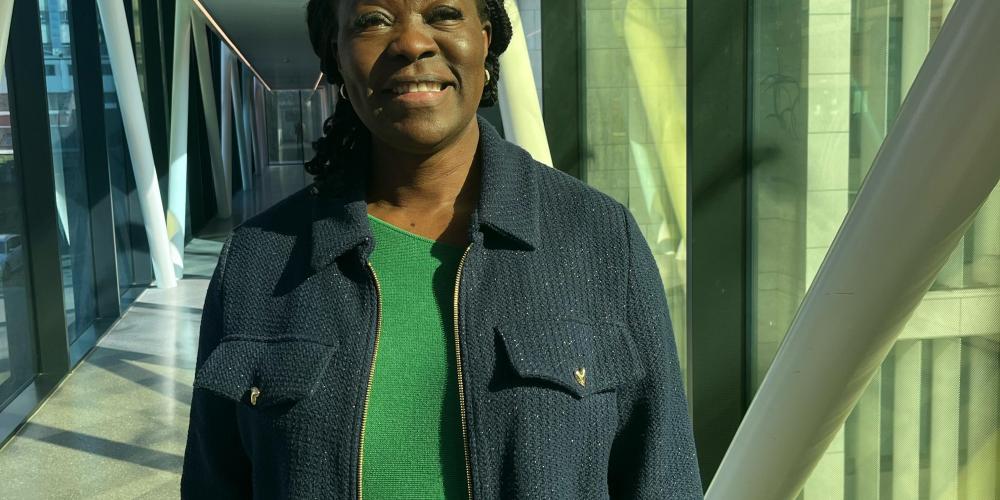
Aging is associated with chronic low-grade inflammation, which contributes to conditions such as diabetes, heart disease, and neurodegeneration. "As we age, our immune system weakens, and senescent cells accumulate, triggering inflammation," explains Professor Njemini. Her research highlights that strength training counteracts these processes by activating various mechanisms, including myokines and stress proteins that enhance cellular resilience and immune function.
Professor Njemini’s studies show that older adults who engage in strength training three times a week experience a shift from pro-inflammatory to anti-inflammatory responses, along with an increase in muscle mass. "Stronger muscles mean greater mobility, independence, and resilience against chronic diseases," she says.
With over 25 years of research experience, Professor Njemini will advise on aging and health policies as a member of the Royal Academy, emphasizing the crucial role of strength training in preventing age-related diseases. She advocates for recognizing exercise as a fundamental component of elderly care. "Strength training should be given the same priority as medication in managing age-related diseases. Even people in their eighties can regain muscle strength with the right approach," concludes Professor Njemini.
About Prof. Dr. Rose Njemini
Prof. Dr. Rose Njemini is a molecular biologist and biochemist specializing in aging and immunology. She is vice-chair of the research master’s program in Gerontological Sciences at VUB and has been a member of the Royal Academy of Medicine since 2024.